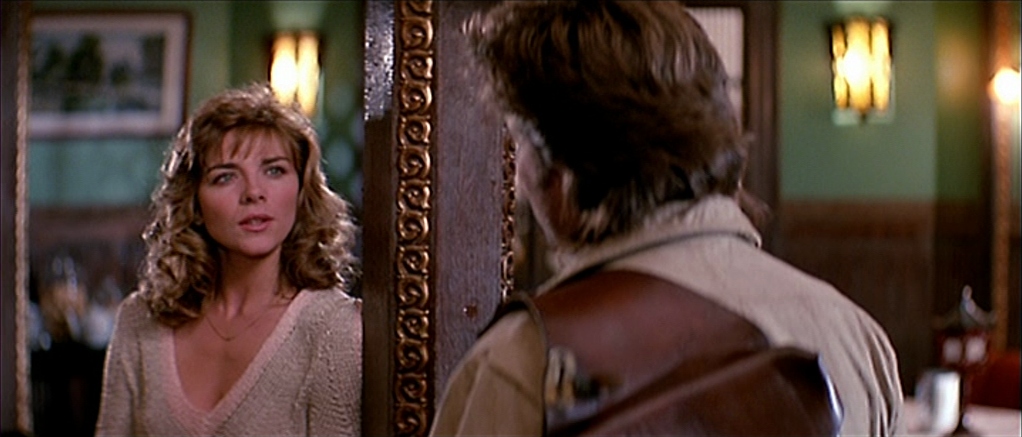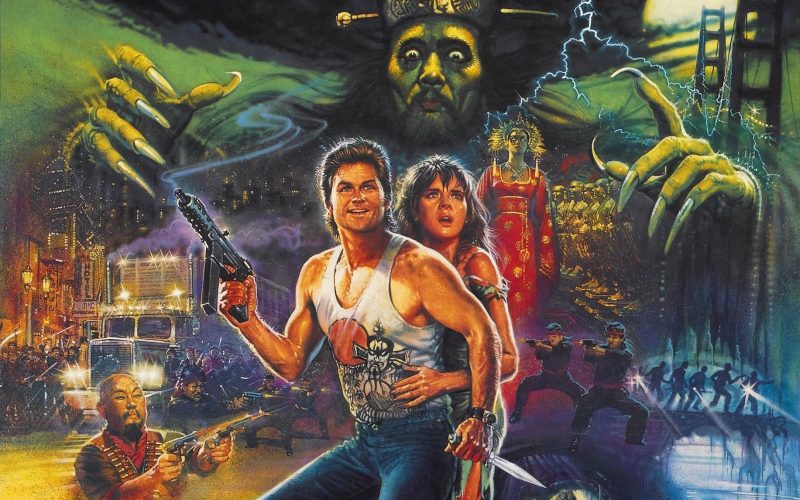John Carpenter’s Big Trouble In Little China (1986).
Carpenter & Russell team up to shake the pillars of heaven.
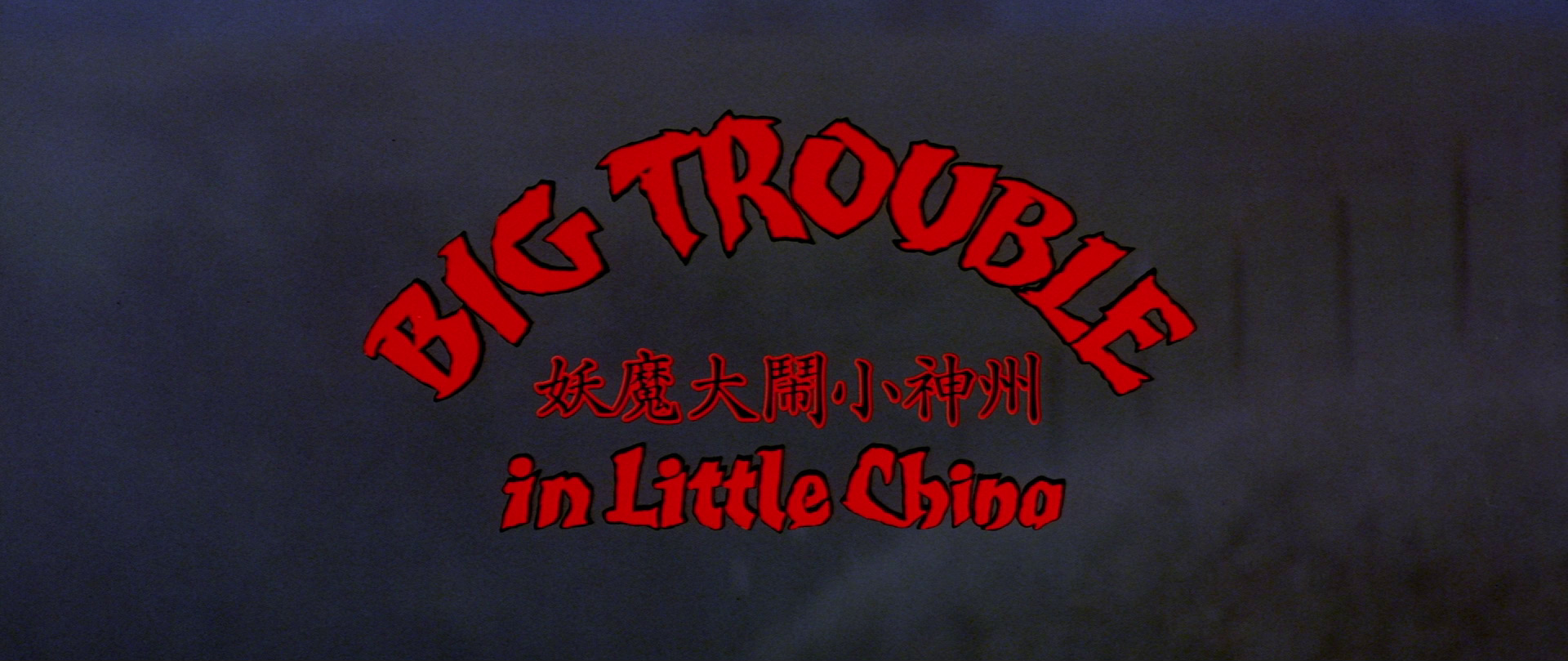
By 1986 acclaimed director John Carpenter had reached an interesting point in his career. Following the commercial, and to a degree critical failure of his 1982 film The Thing, one that would decades later be heralded by many as his best film, Carpenter had tried his hand at more wholesome, family friendly fare in the form of his brilliant 1984 film Starman. For his next film he planned to make a western but in the mid 1980s the western as a genre had yet to experience the minor revival it would see in the early ’90s so the film was eventually turned into a modern day tale of Chinese mythology in San Francisco. The film would be called Big Trouble In Little China and was written by Gary Goldman and David Weinstein and was adapted for the screen by W. D. Richter who had directed 1984’s The Adventures Of Buckaroo Banzai Across The 8th Dimension.
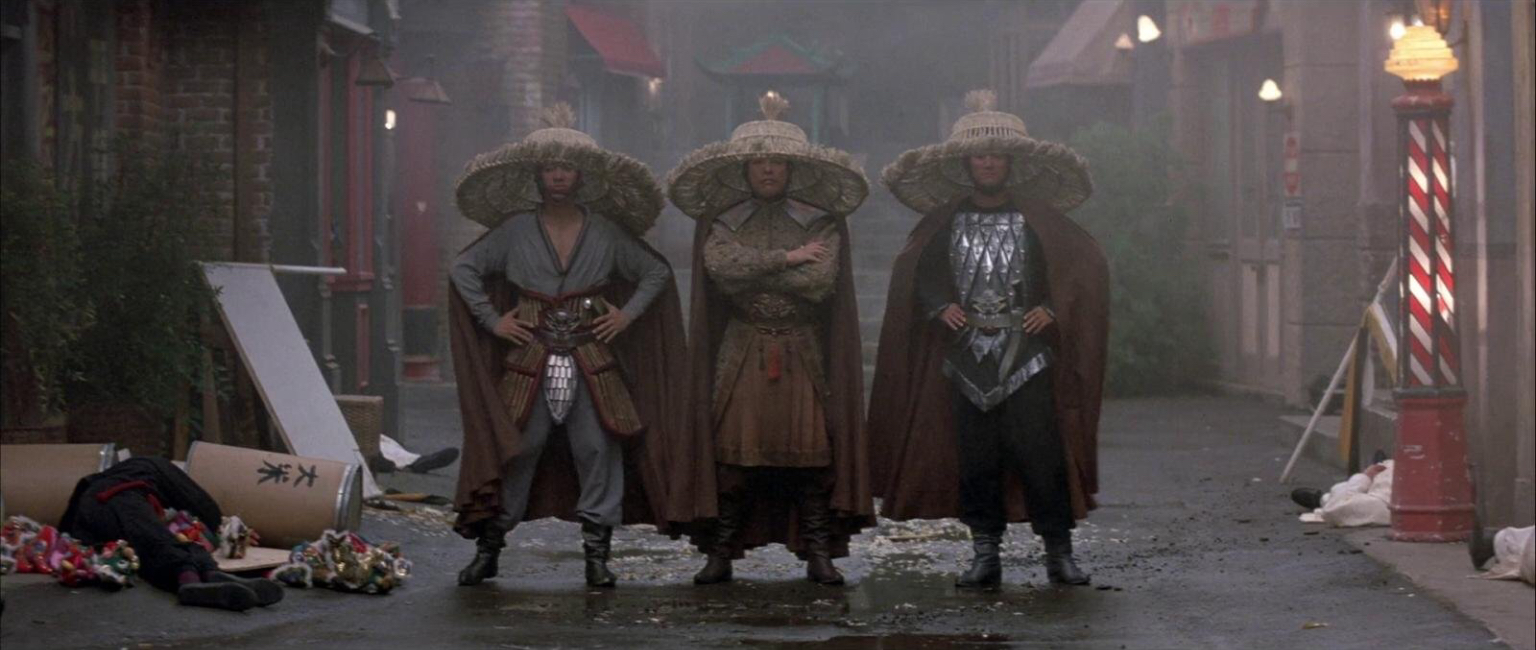
It was through casting director Joyce Selznick that Kurt Russell first met John Carpenter when Russell was chosen to star in Carpenter’s Elvis Presley TV movie. They immediately realised that they had an innately shared shorthand form of communication and they quickly became firm friends.
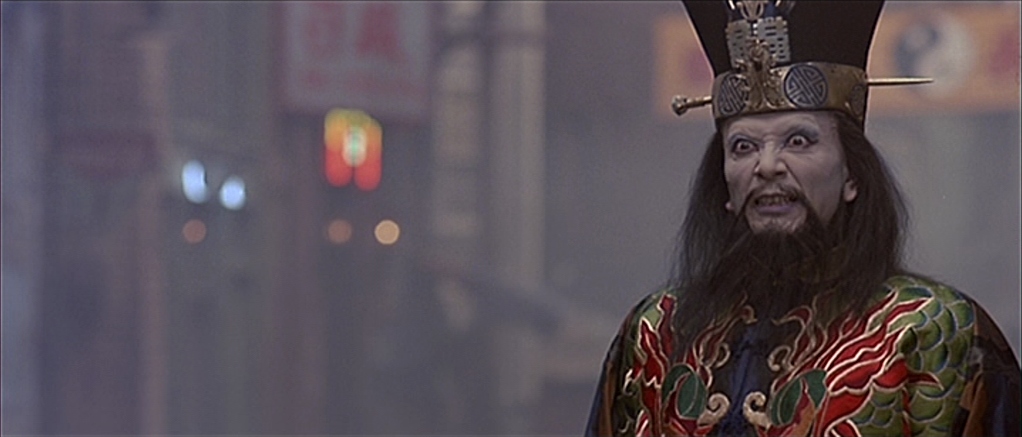
Big Trouble In Little China tells the tale of rough and ready trucker Jack Burton who, along with his friend Wang Chi (Dennis Dun), becomes embroiled in a conflict with opposing members of the mysterious underworld of San Francisco’s Chinatown after Wang Chi’s beautiful green-eyed fiancée Miao Yin is kidnapped as the two men meet her at the airport following her arrival from China. What follows is a martial arts action/comedy extravaganza with Jack and Wang Chi taking on the ancient and sneeringly evil sorcerer David Lo Pan (James Hong), a man who was cursed two thousand years ago to live in a non-corporeal state unless he can find a green-eyed girl to marry and lift the curse.
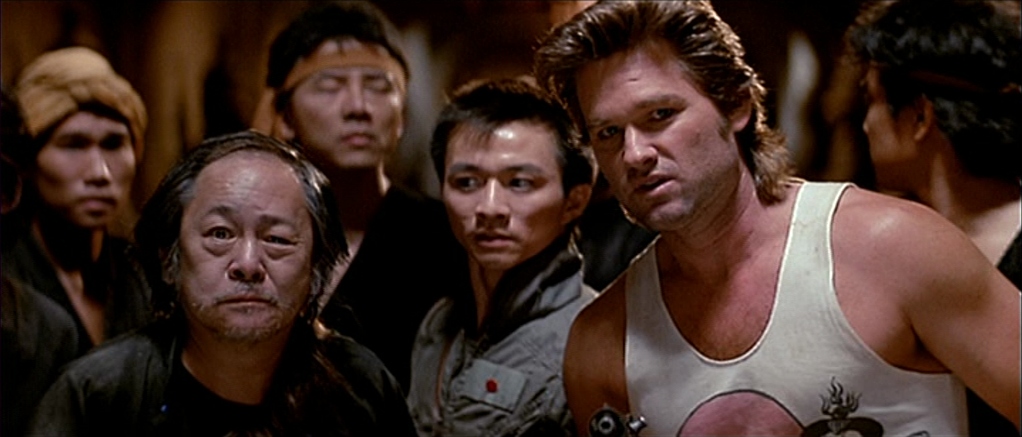
Carpenter, as before, would surround himself with a hugely talented and reliable crew. Acclaimed cinematographer Dean Cundey, who had worked previously with Carpenter on Halloween, The Fog, Escape From New York and The Thing, was once again brought on board to shoot the film. Cundey’s cinematography and lighting made the most of John Lloyd’s great sets and considering that the majority of the film was shot on sets and backlots it has a very distinct and authentic look. Cundey speaks very highly of Carpenter and found working with him extremely rewarding and praises the films he made with Carpenter for all having their own distinctly different style and tone. The wealth of brilliant practical and make-up effects by Richard Edlund still hold up incredibly well even with the added detail and clarity provided by the recent Blu Ray remaster. The effects budget was $1.8 million and Edlund’s team really provide some sterling and memorable effects work on a fairly modest budget.
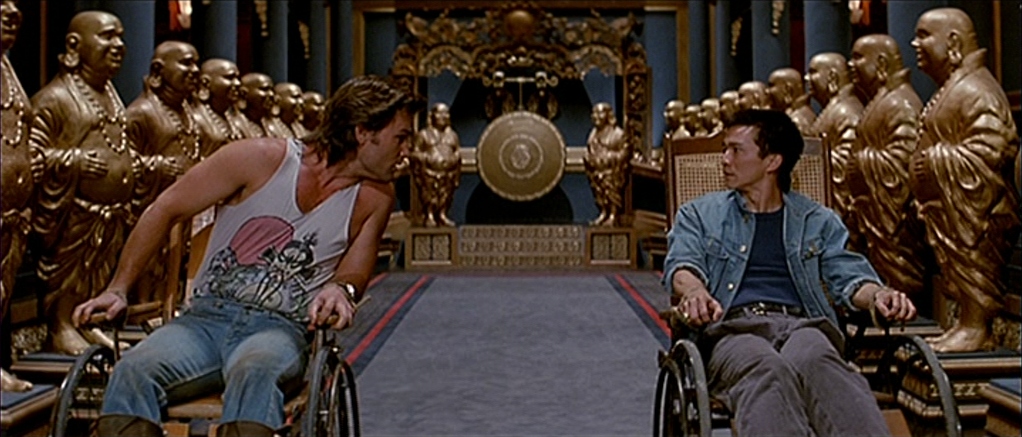
Russell has confirmed that a trusted studio source whom he won’t name, confirmed to him that the studio executives had, by way of neglect, purposely sabotaged the film’s marketing campaign effectively burying it having not been enamoured with the tone of the finished product that Carpenter had presented to them. The same source eventually quit working for Twentieth Century Fox as a result of the backhanded treatment of the film that they’d witnessed.
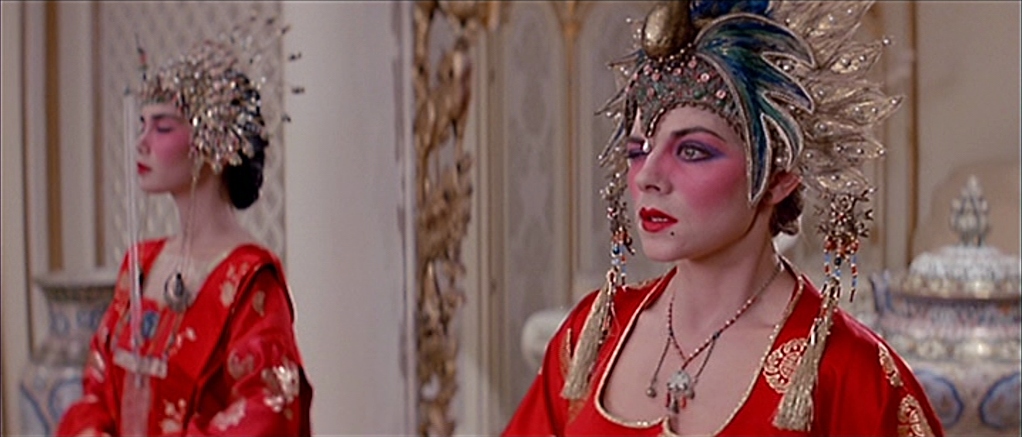
Given Carpenter’s poor treatment by Fox, he made the decision to not make a big studio film for the foreseeable future and his next two films, Prince Of Darkness (1987) and They Live (1988) were smaller budget affairs where he was granted far greater creative control. It’s a shame that Carpenter was forced to make such a decision as the executives at Fox who were behind the film’s mistreatment really couldn’t see what a potentially huge box office success they had on their hands. Whilst the poor marketing of the film resulted in it being a box office failure, it was a massive success on home video as word of mouth spread and the film became a cult hit that today is regarded as one of the most enjoyable action adventure films of the 1980s.
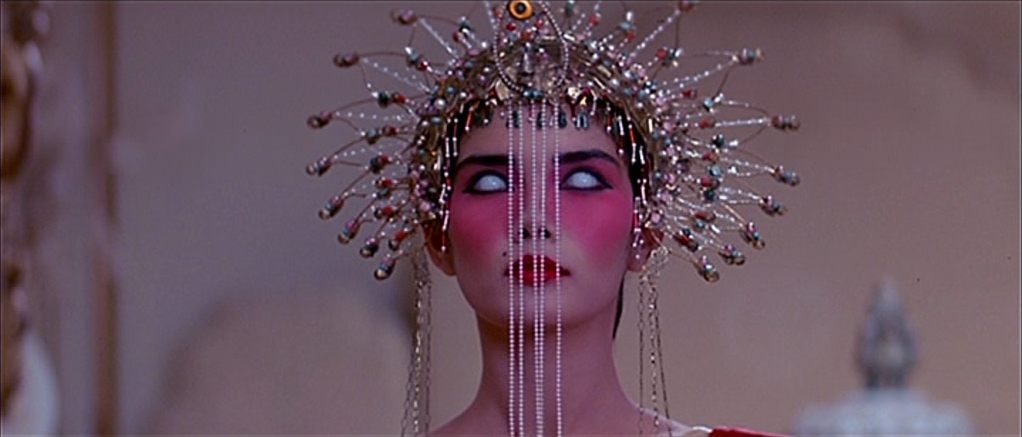
Big Trouble In Little China strikes such a refreshing and uniquely tongue-in-cheek tone whilst never making fun of the genres that inspired it. The dialogue is highly stylised and it’s only the confident delivery of the likes of Russell and Kim Cattrall that stops the whole thing slipping into farce. The film walks a delicate line between homage and parody but is carried along by such a feverish, rollicking pace that the audience is given scant time to take in or question the colourful absurdity of Jack’s adventure. I say Jack’s adventure, but one of the most cleverly subversive things Carpenter does is make Jack the bumbling sidekick to Dennis Dun’s far more able and adept character who, on paper at least, is the true protagonist and hero of the story.
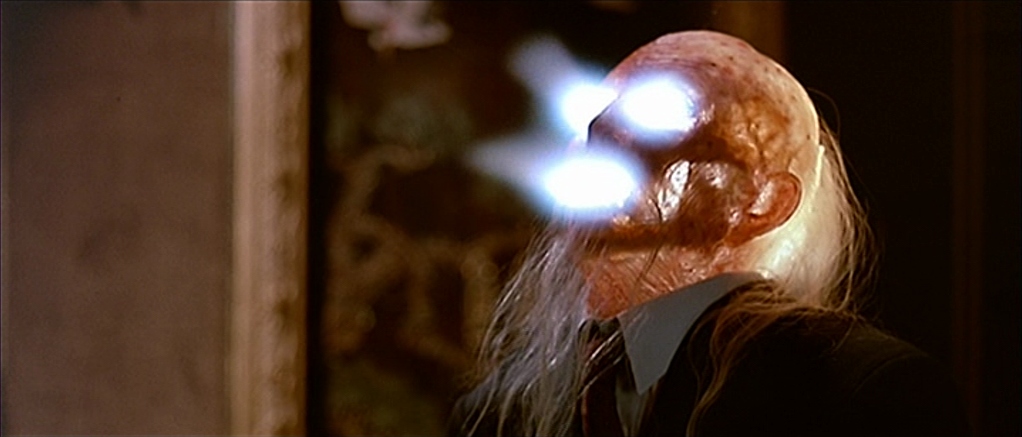
Carpenter was very receptive to Russell’s suggestions that Jack be something of a buffoon and Russell was responsible for such pleasing little comic choices as Jack spending several scenes with lipstick on after being kissed by Gracie and then in the climactic end fight, shooting his gun upwards to the ceiling and getting knocked out by falling masonry. James Hong as David Lo Pan seems to be having the time of his life as the villainous David Lo Pan. Playing much of the film in heavy make up to age him, he gleefully embraces the sinister old man with supernatural abilities. Lo Pan’s counterpart on the side of good is the bus driving sorcerer Egg Shen, played by the equally brilliant Victor Wong.
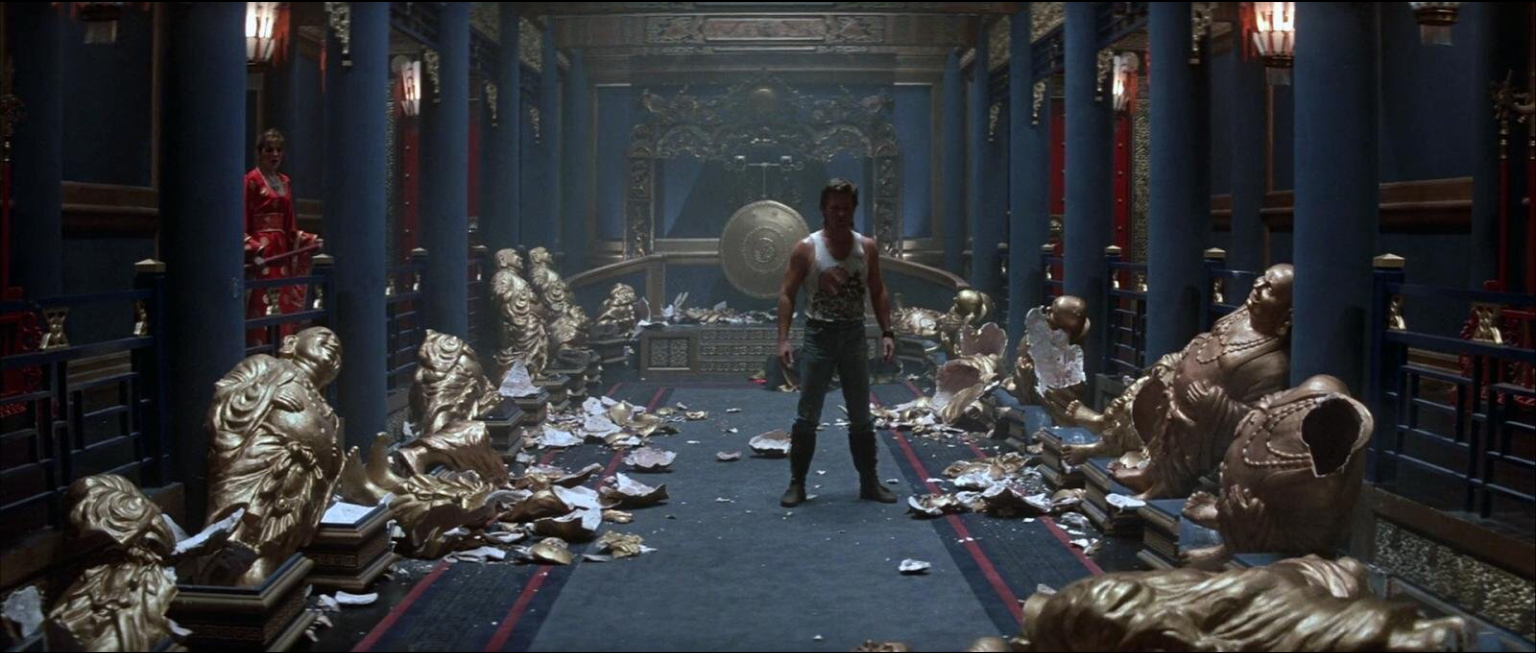
For many fans, the most strikingly unique characters are Lo Pan’s powerful henchmen Thunder, Rain and Lightning, played by Carter Wong, Peter Kwong and James Pax. The wicker hat wearing trio feature in many of the film’s most memorable scenes and are the main adversaries that Jack and Wang Chi have to overcome. Special mention must also go to the work of the stunt team and fight chereographer Jeff Imada.
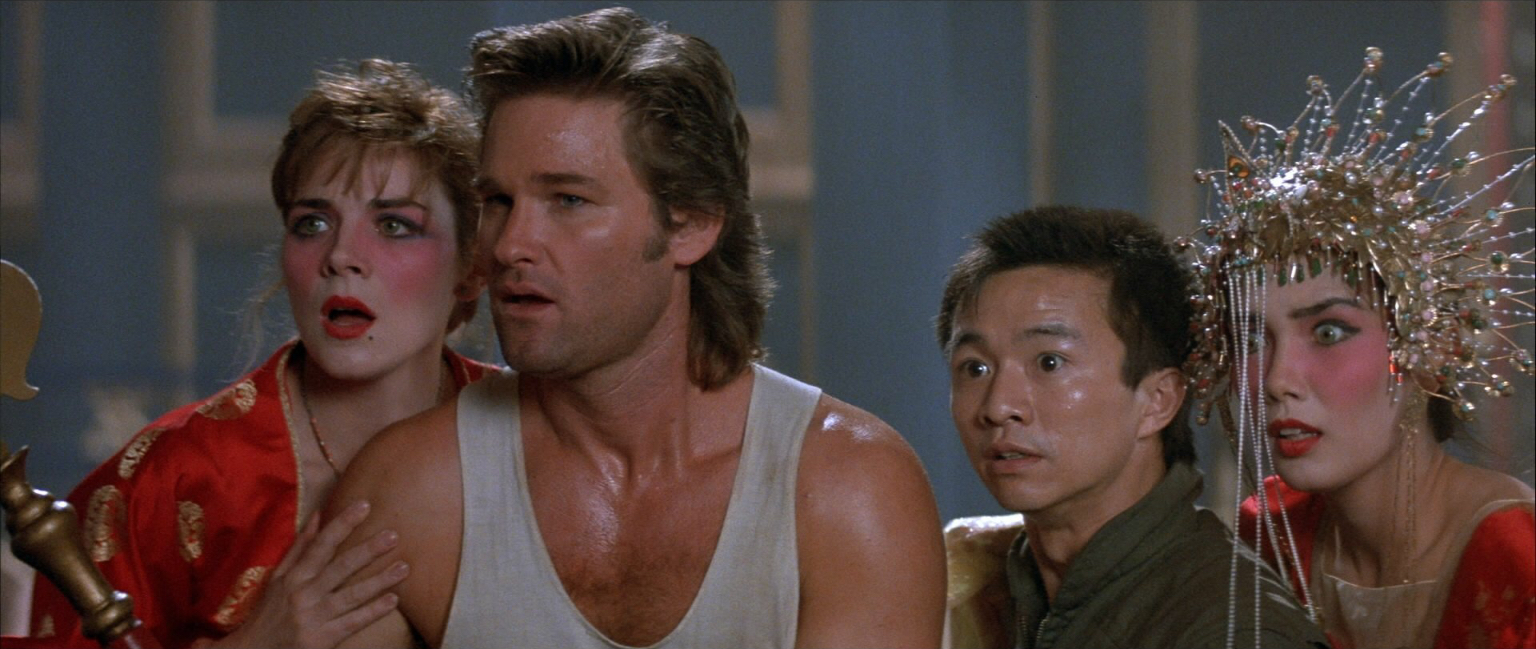
Kurt Russell, who put in such a determinedly stoic and measured performance in Carpenter’s The Thing, is fully unleashed and having a ball here. The film’s western origins may well have been a factor in Jack’s aping of one of the most famous icons of that genre, John Wayne. Russell is clearly doing his best Wayne impersonation here, coupled with Wayne’s manly, confident swagger, yet perfectly balanced by some haplessly bungling idiocy. Jack lucks his way from one life threatening scenario to the next, helped in no small part by Wang Chi and the rest of their motley band.
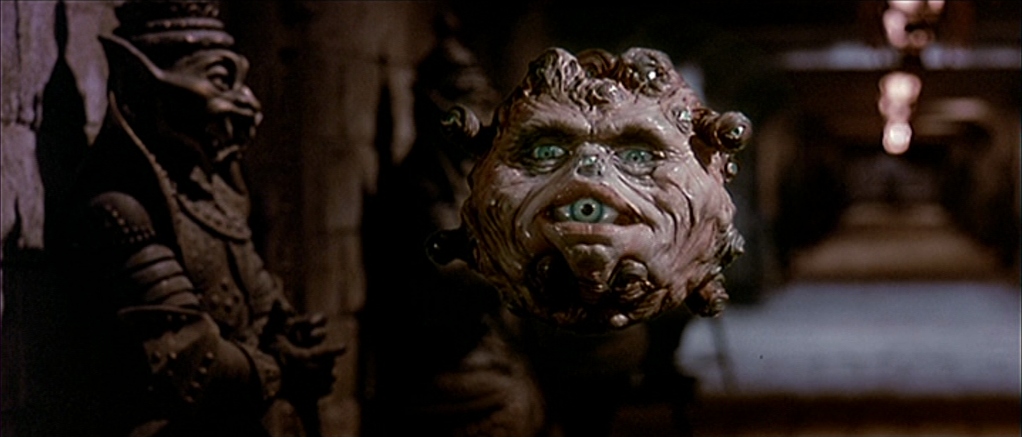
The sheer absurdity of Big Trouble In Little China shouldn’t have worked. On paper it’s a disparate mash-up of martial arts movie, supernatural adventure fantasy and broad comedy with western undertones, yet it somehow manages to blend these elements together successfully. Clearly all involved were either in on the same joke or just having such a blast making it that that their collective efforts helped imbue the film with such an infectiously giddy sense of fun.
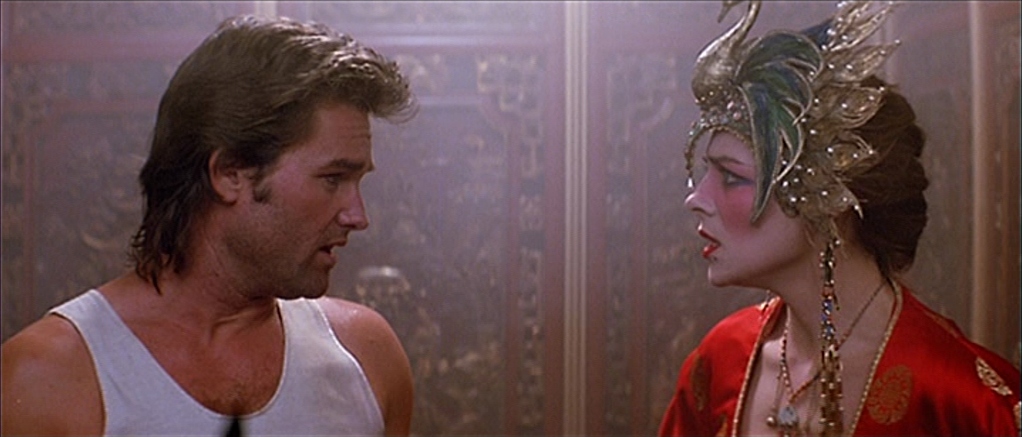
Once again John Carpenter, primarily known for his entries in the horror genre for which he earned the moniker ‘The Horror Master’, has proven that he can just as ably turn his hand to almost any other genre. This film in particular straddling several different genres with a confidence and aplomb seldom seen in a mainstream popcorn movie. Whether Big Trouble In Little China will resonate with and entertain a modern audience that didn’t grow up in the decade in which it was released as much as it does one that did, I can’t say for sure. How much of the film’s loyal following is borne out of nostalgia as opposed to the actual merits of the film is also something I can’t be completely sure of. What I most definitely can be sure of is that Big Trouble In Little China, much like a number of Carpenter’s other films, has grown beyond the confines of its previous status of cult classic. It has a feel to it in keeping with other similar films of the ‘80s yet also feels very unique.
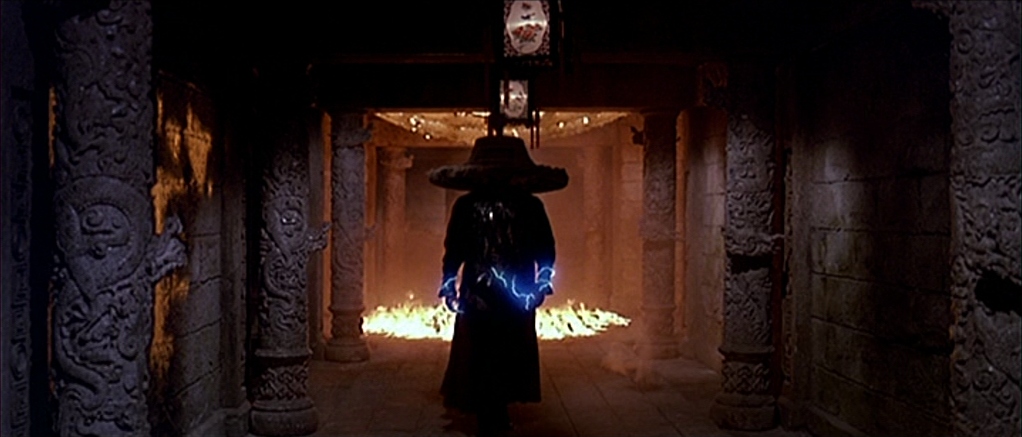
Endlessly quotable with yet another fantastic Carpenter score and so brilliantly fast paced that it possibly masks some areas where the film is a little rough around the edges, it nevertheless does all it sets out to achieve and more. The chemistry between the cast, in particular Russell and Cattrall with their quick fire dialogue, gives the film the feel of a Howard Hawks romantic comedy (His Girl Friday is one that immediately springs to mind). Carpenter has made more influential, and truth be told, better films than Big Trouble In Little China, but he’s never made one that’s this much fun from start to finish.
Film ‘89 Verdict – 9/10
Big Trouble In Little China is available on Blu Ray in the U.K. courtesy of Arrow Video and in the U.S. courtesy of 20th Century Fox.
